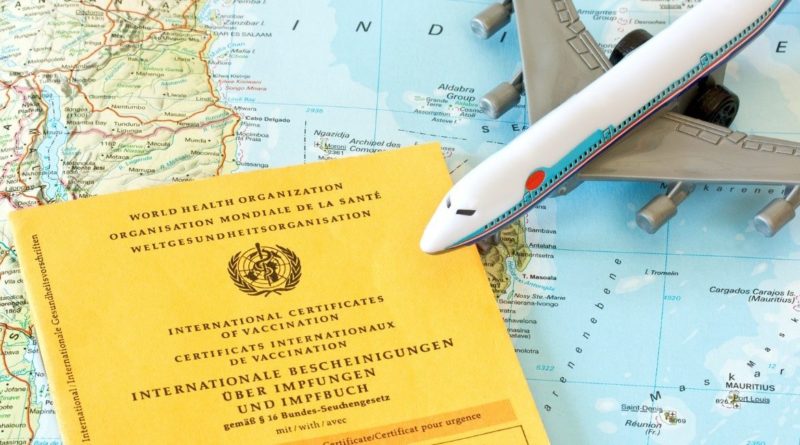Bolivia is a beautiful country and a great place to visit with its impressive wildlife and other attractions. However, before making your trip to Bolivia— and to any foreign country, for that matter— you need to make sure your health is in order. According to the Centers for Disease Control and Prevention (the CDC), travelers to Bolivia may need the following vaccinations:
Hepatitis A
While not legally required, the vaccination for protection against Hepatitis A is recommended for all travelers to Bolivia, as exposure to the virus may occur through food or water or other sources. According the CDC, Bolivia has an estimated “Intermediate” rate of Hepatitis A prevalence (between 2 percent and 7 percent), as it is through most of Latin America.
Hepatitis B
By comparison, over half of Bolivia is considered to have a “low” (less than 2 percent) prevalence rate for Hepatitis B. However, the northwestern portion of the country (mostly the parts that help form South America’s Amazon basin) has been marked by the CDC as having a “high” risk (8 percent or higher prevalence). So even though it isn’t exactly required to travel to Bolivia, if you plan on doing an jungle tours, getting a Hepatitis B vaccination is a good idea.
Rabies
The Rabies shot also isn’t required, but it is strongly recommended for anyone traveling to Bolivia who plans to spend a lot of time outdoors, particularly in more rural areas. Additionally, the vaccine is recommended for travelers with occupational risks (like veterinarians or doctors who work in rural or outdoor areas), for tourists involved in any activities that may bring them into direct contact with creatures known to carry rabies (bats, for example). Anyone going to live in Bolivia indefinitely or spend a long period of time there (months or more) is also advised to get a Rabies shot. Furthermore, if you are traveling with children, it is more important that they are vaccinated, considering they are at higher risk because their tendency to play with animals, receive multiple or more severe bites than adults, and the fact that some children may not report bites right away if at all.
Typhoid
Again, this vaccine is not required, but it is recommended for all individuals (who have not been previously vaccinated against Typhoid) who are traveling to or working in Bolivia, particularly if you will be staying with friends or relatives in Bolivia who may have been exposed themselves. You should also look into the vaccine if you will be visiting smaller cities and towns, or rural areas where exposure to Typhoid might occur through food or water (that being said, don’t be afraid to try Bolivian food— it’s delicious!)
Yellow Fever
Here’s where things get a bit tricky; the Yellow Fever vaccine is only required for all travelers that are one year old or older, if they are coming from a country that has a risk of yellow fever transmission. This does not include the United States, but it does include some European countries, many other Latin American countries, as well as others (so if you will be traveling from country to country, knowing this information is important). While not required, the vaccine is recommended for all travelers nine years or older who will be going anywhere east of the Andes mountains and/or areas higher than 2,300 feet in elevation. That being said, the Yellow Fever vaccine is not recommended for travelers to Bolivia who will be staying in lower elevated areas including La Paz and Sucre.
Malaria
Now, many people may also be concerned about Malaria since Bolivia is, after all, a largely tropical country. However, not all areas have it. For example, La Paz is free of Malaria, but it is recommended that travelers take anti-malarial medications if they travel anywhere else. Overall though, the risk of contracting Malaria is low.
As far as other vaccinations and medications go, it is also important that you are up to date with all of your routine shots, like the measles- mumps- rubella (MMR) vaccine, the diphtheria- pertussis- tetanus (DPT) vaccine, the poliovirus vaccine, etc. And of course, it is a good idea to plan a visit to your doctor anyway to make sure you are in a good, healthy condition to be traveling in general.
If you are concerned about anything you may come into contact with in Bolivia or have any questions about vaccinations and medications, you can find more information on the Centers for Disease Control and Prevention’s website. All in all though, Bolivia is a fairly safe country when it comes to travelers’ health, and only a very few percentage of tourists actually contract any of the aforementioned illnesses. It never hurts to be prepared though, even when vaccinations are not exactly required. So, have a fun, safe, trip.

